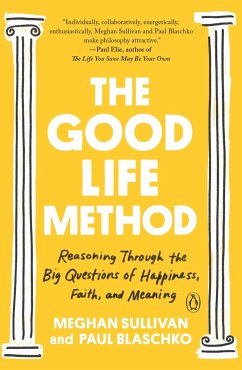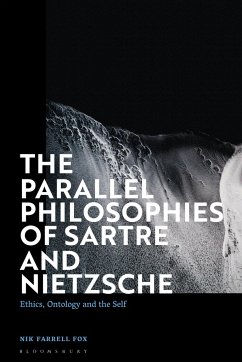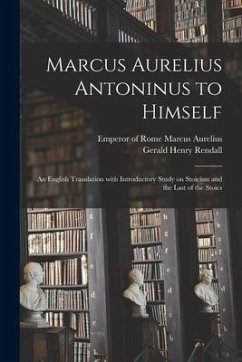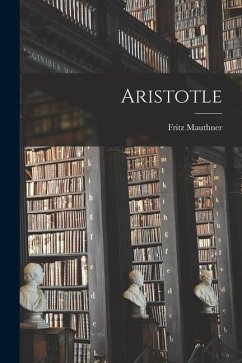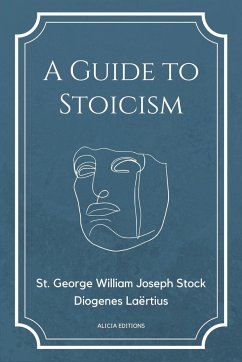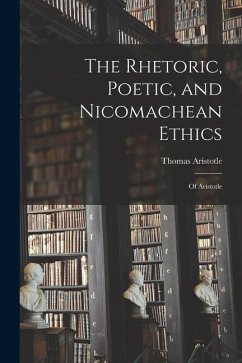
The Five Great Philosophies of Life
From Epicurus to Christ
Versandkostenfrei!
Versandfertig in 1-2 Wochen
23,99 €
inkl. MwSt.

PAYBACK Punkte
12 °P sammeln!
Contents: The Epicurean Pursuit of Pleasure Stoic Self-Control by Law The Platonic Subordination of Lower to Higher The Aristotelian Sense of Proportion The Christian Spirit of Love William De Witt Hyde, the seventh president of Bowdoin College (1885-1917), was born in Winchendon, Massachusetts, on September 23, 1858. After earning his bachelor's degree from Harvard in 1879, he continued his theological studies at Union Theological Seminary (1879-1880) and Andover Theological Seminary (1882). Hyde served as a minister in Patterson, New Jersey (1883-1885), prior to accepting his post as preside...
Contents: The Epicurean Pursuit of Pleasure Stoic Self-Control by Law The Platonic Subordination of Lower to Higher The Aristotelian Sense of Proportion The Christian Spirit of Love William De Witt Hyde, the seventh president of Bowdoin College (1885-1917), was born in Winchendon, Massachusetts, on September 23, 1858. After earning his bachelor's degree from Harvard in 1879, he continued his theological studies at Union Theological Seminary (1879-1880) and Andover Theological Seminary (1882). Hyde served as a minister in Patterson, New Jersey (1883-1885), prior to accepting his post as president of Bowdoin and professor of mental and moral philosophy. Hyde transformed Bowdoin from a failing country college into an example of a style of higher education. He enlarged the faculty, revolutionized the curriculum, eased entrance requirements, and gave new status to the sciences and the languages. Hyde was a prolific author, which gave Bowdoin nationwide exposure and cemented Hyde's reputation as a theorist of higher education. Hyde was also a trustee of Phillips Academy in Exeter, New Hampshire (1898-1917), and he received honorary degrees from Bowdoin (1886, 1917), Harvard (1886), Syracuse (1897), and Dartmouth (1909).






